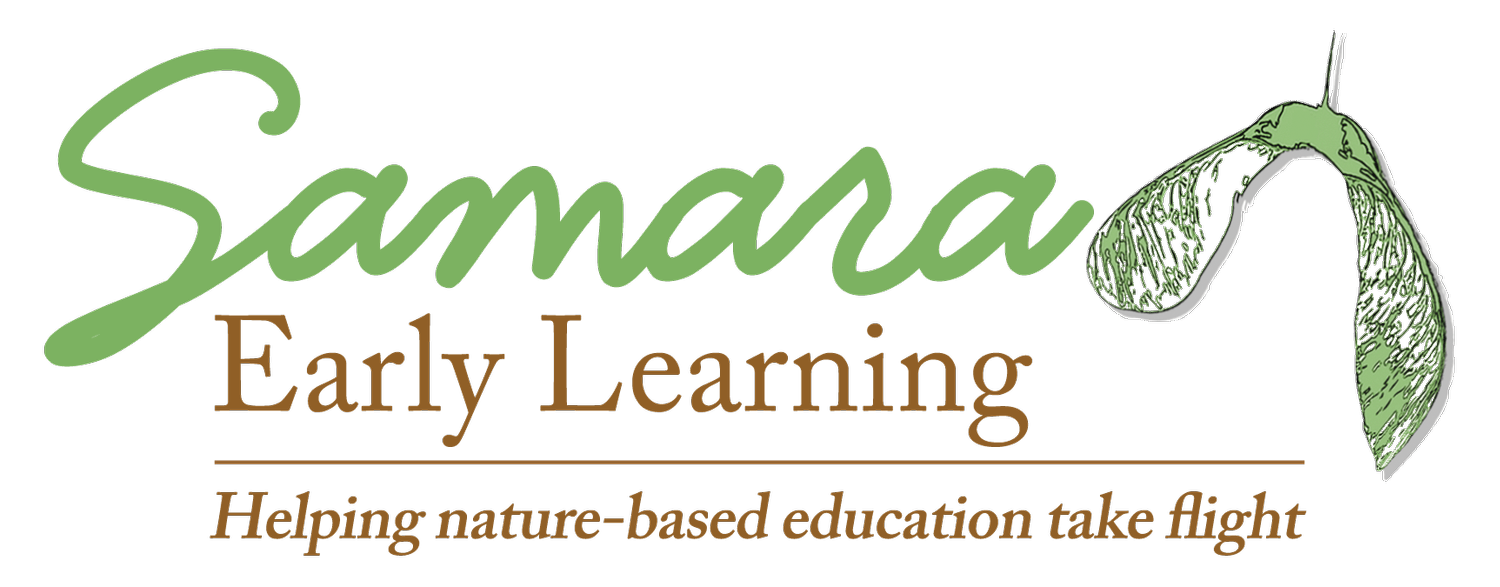The boring stuff matters: Policies, procedures, and more!
This post originally appeared in Dr. Rachel A. Larimore’s weekly Samara newsletter on June 14, 2022. If you’re interested in receiving these emails, scroll to the bottom of this page to subscribe.
For some, the time between school years is filled with hammocks, beaches, and books. For many administrators the time between school years is a time for revising policies and procedures.
I know, I know—policies and procedures are boring, but they are SO important to operating successful nature-based programs.
Why do policies and procedures matter?
First and foremost, policies and procedures are important because they protect the health and safety of children, staff, and families involved in a school or program. Policies and procedures are also useful in protecting the reputation and/or assets of individual staff, the school or organization, and even the nature-based education profession. (These were all motivators for Natural Start Alliance to publish the Nature-based Preschool Professional Practice Guidebook.)
What is a policy versus a procedure?
A policy is a broad, overarching principle which guides and influences decision making. For example, an organization might have a policy describing the importance of confidentiality related to children and their families.
A procedure has a narrower focus which describes step-by-step actions in specific situations (In our field the terms “procedure” and “protocol” are often used interchangeably.)
What policies & procedures should be in place?
There are so many different policies and procedures to consider in a nature-based early childhood program. The specifics will vary by context, but all programs should have written policies and procedures in these broad categories:
Personnel
School safety (Including emergency preparedness & response; health & safety; Medium- to high-risk curricular activities such as fire making, tree climbing)
Classroom, child care, & curriculum (e.g., curriculum, assessment, behavior management, daily class schedule)
Family engagement
Other administrative policies and procedures (e.g., child record management and storage)
These policies and procedures should be reviewed regularly. How often is “regularly”? At minimum, every policy and procedure should be reviewed annually. However, in an ideal world policies and procedures are revisited on an ongoing basis.
Did scenarios arise this past year that weren’t covered by your existing policies? Have your procedures changed given COVID or other events of this past year?
I know policy and procedure writing and revision is one of the least exciting aspects of nature-based education, but I hope you’ll take some time to look over what you have written. After all, these written policies and procedures make it possible to create positive, meaningful experiences for young children to learn with nature.
Keep changing lives,
Rachel
Rachel A. Larimore, Ph.D., Chief Visionary of Samara Learning
About Rachel
Dr. Rachel A. Larimore is an educator, speaker, consultant, author, and former nature-based preschool director. As the founder and Chief Visionary of Samara Early Learning her work focuses on helping early childhood educators start nature-based schools or add nature-based approaches into their existing program. Learn more about Rachel here.


